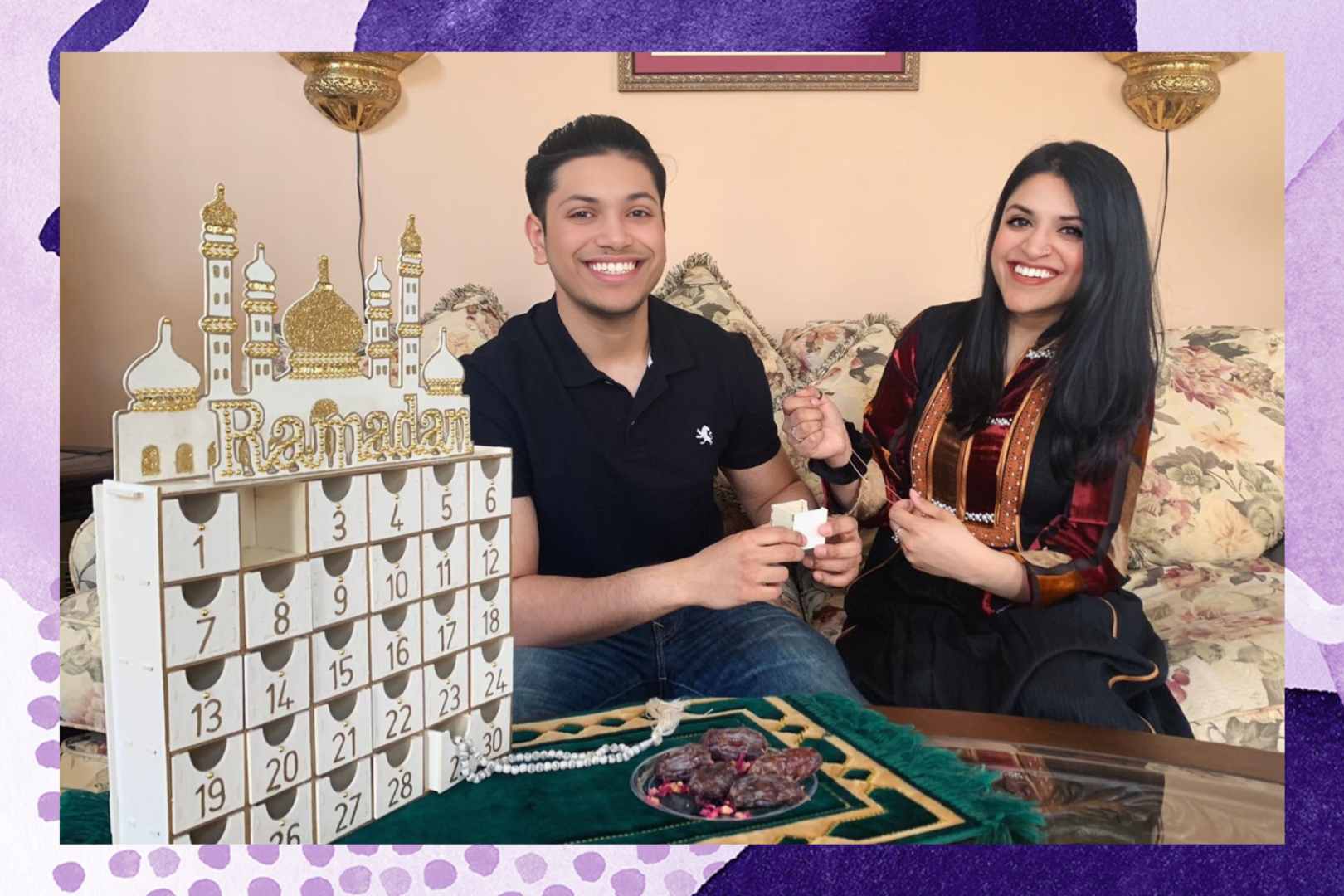
This story was published as a collaboration between Brown Girl Magazine and Reckon, a national news organization that covers the people powering change, the challenges shaping our time, and what it means for all of us.
This is a special year for Ramadan. For the first time in three years my mosque will fill to capacity, giving my community a chance to rebuild lost connections and overcome heartache. It reminds me of a simple truth: healing comes not when you expect it but when you need it.
For Muslims, Ramadan symbolizes the time of the year in which Islam’s prophet Muhammad first received the revelation of the Quran. Since Islam follows a calendar based on the monthly cycles of the moon, the start of the holy month of Ramadan is determined when a crescent moon is sighted in Saudi Arabia.
The Quran is said to have been received throughout the life of the prophet Muhammad, and Ramadan marks the days it took for him to receive its first verses. When Muhammad received this revelation, it is said that he isolated himself in a cave to reflect and devoted himself to endless worship. In the same way that Muhammad secluded himself to focus on gratitude and prayer, Muslims around the world use the time to distance themselves from daily distractions and focus on spiritual growth through a month of fasting.
Siyam in community
The Arabic word for fasting is siyam which translates to ‘be at rest.’ Abstaining from eating and drinking allows us to take the rest our body and soul so deeply crave and ground ourselves and one another in a physical, mental and spiritual reset.
When I was a child, Ramadan symbolized the one time it was normal to spend your entire weekend in the Mosque. It was my first experience of a sleepover, with pajamas hidden under my abaya and Pakistani kurtas. Beyond the gender divide of the prayer halls, children would take naps on parents laps as the community prayed throughout the night. The Mosque was a beautiful gathering space open to anyone who needed a meal, whether or not they were fasting.
During the pandemic, Ramadan was different. Endless nights in the Mosque filled with prayer and community were scaled down to Zoom hangouts. Programs that were once filled with intimate in-person conversations on the floor of the Mosque, were now faceless squares on a screen, their names barely visible.
[Read Related: How I Create Everlasting Ramadan Memories as a New York City Mom]
The Jummah or Friday prayers that were once so packed with people that the crowd spilled out onto the surrounding grass and sidewalks were conducted in parked cars. The mosque decorated the parking lot for drive-through visitors for the Eid Namaz, and community members waved from a distance to others with the same time slot.
I still remember when a friend’s mother died of COVID-19. What would have been a Janaza or funeral that surrounded the grieving family with community and prayer, turned into a Zoom call. Watching the tears of my friend’s family during the burial services, unable to visit her home and read the Quran together was heartbreaking.
Even before the pandemic, the world was not always a safe place for me and my community. From my family and I being yelled at to “go back to our country” when we were on vacation, to the looks my mother received when she wore her hijab in public, I understood even as a young child the ways in which Muslims were perceived as outsiders in our own country.
Want more stories like this? Sign up for Reckon’s newsletters.
In many ways the pandemic compounded the islamophobia that my community began experiencing at heightened levels after 9/11. During Trump’s time in office, the Muslim community—which in the US mostly consists of people who identify as Asian and Black—faced heightened racism and incidents of violence, in part due to misinformation about the coronavirus. In the racial justice uprisings of 2020, Black Muslims—which make up more than 20% of all Muslims in the US—were not only targeted for their race but their religious background. Mosques across the country were vandalized, and continue to experience increased threats to this day.
Ramadan as a space to heal
These last few years made me realize how badly I craved the sanctuary of my Mosque, and to physically return to a space where I felt safe. I feel relieved and at peace to return back to nights where I am surrounded by familiar faces praying together side by side and breaking our fast without any fear of judgment.
During Ramadan, I find myself closest to my faith and to myself. Just as the Quranic verse says, “so, surely with hardship comes ease”, I am reminded of our resilience and how obstacles can be overcome through spaces of community and prayer.
I believe that the healing we need in the world begins from within. My community needs the sanctuary of Ramadan now more than ever to reflect and rebuild, away from the violence.
Reckon is a national news organization that covers the people powering change, the challenges shaping our time, and what it means for all of us.
Feature Image courtesy: Aysha Qamar




